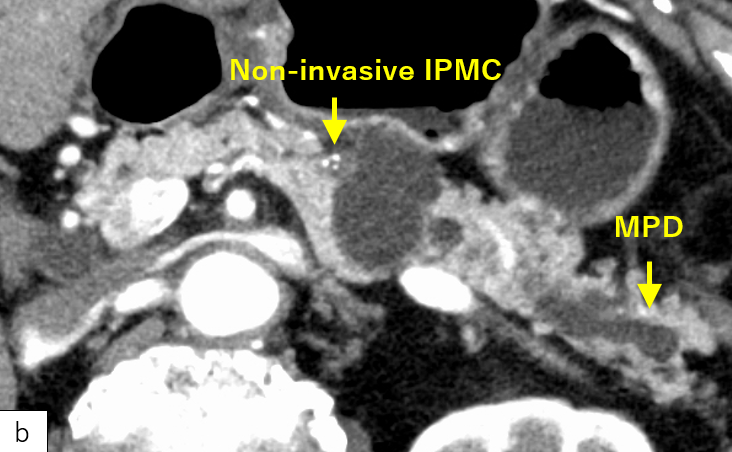diagnosis
Cancer treatment begins with definitive diagnosis of cancer. First, a piece of cancerous tissue is collected by a particular method for submission to pathology. Then, a pathologist stains the specimen for specific proteins, and evaluates it under a microscope to make a pathological diagnosis. This confirms the cancer diagnosis.
Diagnostic imaging using techniques, such as CT, is also used to determine the spread of the cancer, and this information is used to make a treatment plan.
At NCCH, our expert medical staff use cutting-edge equipment to perform blood tests, endoscopic diagnosis, diagnostic imaging, and pathological diagnosis, which are essential for the diagnosis of cancer. Our Screening Center leverages this full array of resources to provide screenings.
We have also achieved clinical implementation of cancer genomic profiling using next-generation sequencers, which provides valuable information for cancer genomic medicine and clinical trials. Genomic profiling tests developed at the National Cancer Center and granted coverage by Japanese National Health Insurance are now widely used throughout Japan.




